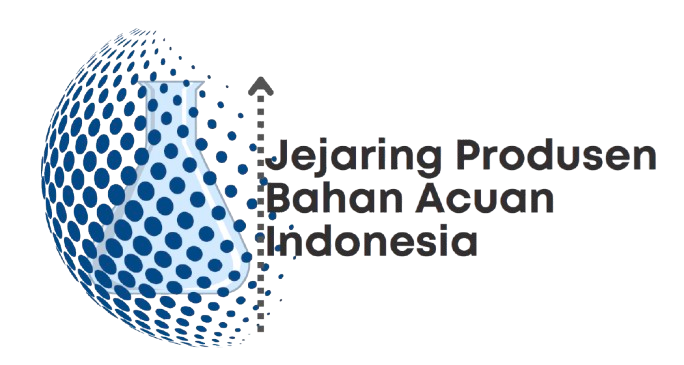While West Virginia has long been known for its natural beauty, coal mining roots, and tight-knit communities, a quieter shift is taking place—an increase in immigrants in West Virginia. Though the state has historically had one of the smallest immigrant populations in the U.S., recent years have shown a slow but meaningful change.
Immigrants in West Virginia come from diverse countries—Mexico, India, China, El Salvador, the Philippines, and African nations. Many are drawn by job opportunities in health care, education, hospitality, and skilled trades. Others arrive as international students or refugees, seeking stability and opportunity in a peaceful, affordable setting.
Despite being a small group compared to national trends, these immigrants contribute significantly to West Virginia’s economy. They open businesses, work in underserved sectors, and bring cultural diversity to towns that have long experienced population decline. Their presence is especially notable in cities like Charleston, Morgantown, and Huntington, where universities, hospitals, and industries offer employment and educational opportunities.
From doctors and nurses filling critical gaps in rural health clinics to restaurant owners introducing new flavors, immigrants in West Virginia are helping to shape a more vibrant and sustainable future for the state.
West Virginia Immigration: Challenges and Change
The broader story of West Virginia immigration reflects a growing national trend—small towns and rural states increasingly relying on immigrants to fill jobs and stabilize local economies. However, the state still faces challenges when it comes to providing adequate support for newcomers.
Unlike more urbanized states with large immigrant communities, West Virginia lacks a strong infrastructure for immigration services. Many immigrants struggle to find reliable legal assistance, language support, or even basic information about their rights and options. This creates delays and confusion for families seeking green cards, citizenship, or work authorization.
Despite these obstacles, there are signs of progress. Some local nonprofits and legal aid groups have stepped up to provide free or low-cost immigration help, especially in areas with growing immigrant populations. Churches and volunteer networks are also playing a role, helping newcomers adjust by offering ESL classes, transportation, and housing referrals.
At the policy level, discussions about West Virginia immigration are becoming more frequent, especially as leaders look for ways to counteract workforce shortages and population loss. There’s an increasing awareness that immigration could be a solution to some of the state’s biggest challenges—if managed thoughtfully and humanely.
Why Immigrants Choose West Virginia
Several factors make West Virginia attractive to new immigrants:
- Lower Cost of Living
Compared to larger states, housing, utilities, and everyday expenses are more affordable, especially for families. - Tight-Knit Communities
Many small towns offer a slower pace of life and close social ties, which appeal to immigrants looking for a peaceful place to raise children. - Educational Opportunities
Universities like West Virginia University and Marshall University attract international students, many of whom remain in the state to work after graduation. - Job Opportunities
In healthcare, agriculture, and construction, employers are actively seeking workers—making it easier for immigrants to find employment, even in more rural areas. - Pathways to Stability
For refugees and asylum seekers, West Virginia provides a calm and safe environment to begin again.
Community Contributions and Economic Impact
Immigrants have become an important part of West Virginia’s labor force, small business community, and cultural identity.
- In healthcare, immigrants serve as doctors, nurses, and caregivers, particularly in areas facing doctor shortages.
- In education, international faculty and researchers bring new expertise to schools and universities.
- In entrepreneurship, immigrant-owned stores, restaurants, and service businesses are reviving Main Streets in small towns.
- In agriculture and hospitality, immigrants are providing vital labor during seasonal and full-time roles.
Beyond economics, immigrants also contribute to the social and cultural life of the state—introducing global food, art, and traditions to communities that may never have experienced such diversity before.
Barriers and Areas for Improvement
Despite their growing presence and value, immigrants in West Virginia face a number of challenges:
- Limited Legal Resources: There are few immigration attorneys in rural areas, and wait times can be long even in bigger cities.
- Language Barriers: ESL programs are improving, but access is still inconsistent, especially for adults outside of school systems.
- Cultural Adjustment: Social integration can be slow, particularly in towns with little previous exposure to international communities.
- Fear of Enforcement: Even lawfully present immigrants may feel uneasy due to national immigration debates and policy shifts.
Addressing these issues requires a combination of public support, policy reform, and community engagement. Expanding legal aid, increasing interpretation services, and investing in immigrant-friendly outreach will be essential for the state to truly benefit from immigration.
Looking Ahead: The Future of Immigration in West Virginia
The future of West Virginia immigration lies in the hands of its communities, leaders, and institutions. If the state continues to recognize the long-term benefits of welcoming immigrants—both economically and socially—it could create a more diverse and resilient future.
This would involve:
- Creating immigrant resource centers in major cities and towns
- Offering state-funded legal support for immigration services
- Training local law enforcement and public officials on immigrant rights and procedures
- Celebrating cultural diversity through festivals, school programs, and local media
In short, embracing immigration is not just a moral choice—it’s a smart strategy for renewal. As more people learn about West Virginia’s potential and as local leaders respond with empathy and inclusion, the state could become a model for how rural America welcomes the world.
